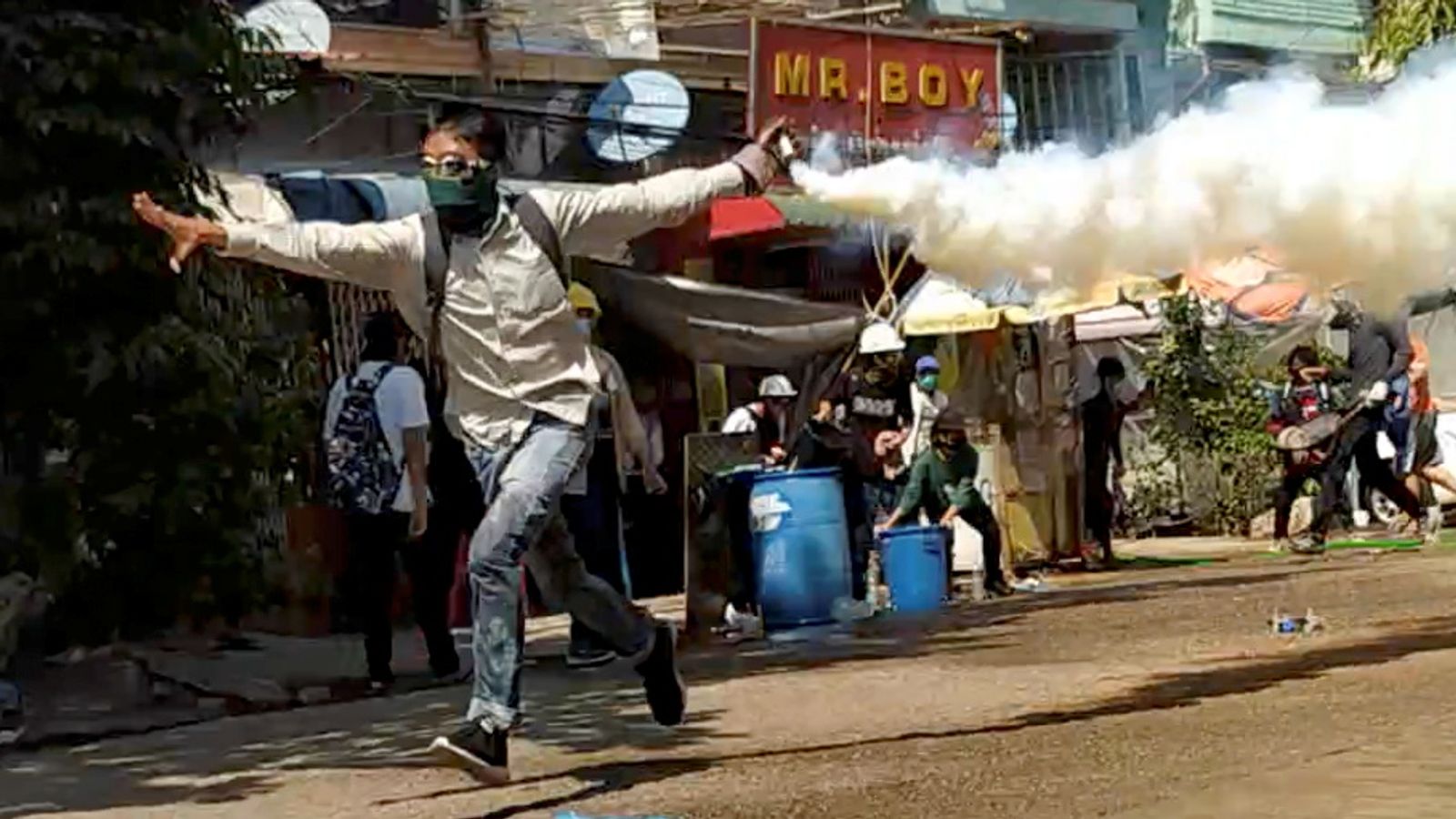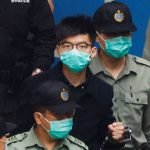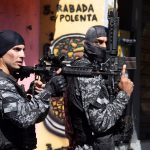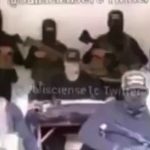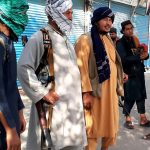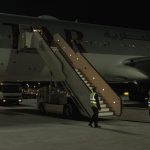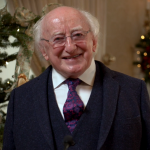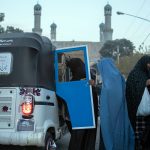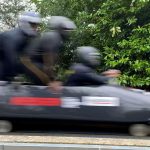Myanmar’s ambassador to the UK has called on his country’s military to release detained leader Aung San Suu Kyi and ousted President Win Myint.
After speaking to Foreign Secretary Dominic Raab and junior British foreign minister Nigel Adams, Kyaw Swar Minn said the answer to the crisis was diplomacy.
“We request the release of State Counsellor Daw Aung San Suu Kyi and President U Win Myint,” he said in a statement published on the embassy’s Facebook page, echoing the UK government’s own repeated calls for those locked away since last month’s military coup to be freed.
The appeal comes after security forces besieged around 200 young anti-coup protesters in the Sanchaung neighbourhood on Monday, as they defied an 8pm curfew.
“Free the students in Sanchaung,” people chanted in the streets in districts across the former capital, where daily protests have taken place for more than a month.
In some areas, police used stun grenades and fired shots to try to disperse protesters, witnesses said. A live stream on social media showed protesters running between houses as stun grenades detonated.
“Almost 200 young protesters are still blocked by the police and soldiers there. Local and international community needs to help them now! Please,” one protest leader, Maung Saungkha, said on Twitter.
Amid the continued violence, the US Embassy said in a statement: “We call on those security forces to withdraw and allow people to go home safely.”
The United Nations’ (UN) human rights office voiced deep concern about the fate of the protesters trapped, with high commissioner Michelle Bachelet saying they should be allowed to leave safely and without reprisals.
A spokesman for the military junta, which took control on 1 February, did not answer calls requesting comment.
Please use Chrome browser for a more accessible video player
The violence also continued in the northern town of Myitkyina, where witnesses said two protesters died of gunshot wounds to the head.
Another person was killed in the town of Phyar Pon in the Irrawaddy Delta, a political activist and local media said.
Police said they would scrutinise family registration lists in the area to check for outsiders – threatening action against anyone caught concealing them.
State television MRTV said: “The government’s patience has run out and while trying to minimise casualties in stopping riots, most people seek complete stability are calling for more effective measures against riots.”
Security forces also clamped down on anti-coup protesters elsewhere, firing tear gas to break up a crowd of about 1,000 people who were demonstrating in the capital, Naypyitaw. The protesters deployed fire extinguishers to create a smoke screen as they fled from authorities.
According to the UN, more than 50 people have been killed by security forces in the junta’s attempt to end the protests demanding the release of Ms Suu Kyi and other detainees following her party’s landslide election victory last year.
Protesters in some places waved flags fashioned from htamain (women’s sarongs) or hung them up on lines across the street to mark International Women’s Day.
Traditionally, walking beneath women’s sarongs is considered bad luck for men, and MRTV said such a display was severely insulting to religion in largely Buddhist Myanmar.
Please use Chrome browser for a more accessible video player
Analysis: Myanmar’s military won’t be feeling the pressure – and more blood will be shed
By Alistair Bunkall, defence and security correspondent
It’s not just international governments publicly rounding on Myanmar’s military, the country’s own diplomats are too.
Last week Myanmar’s top envoy to the United Nations, U Kyaw Moe Tun, spoke out against the coup and raised his hand and three fingers in a sign of defiance.
Now, after being summoned to the Foreign Office in London, Myanmar’s ambassador to the UK has called for the release of Aung San Suu Kyi and said that the military must respect the outcome of the 2020 election.
These are headline-grabbing stands, and it has taken some personal bravery by both men to break ranks, but it’s unlikely to have much effect.
So far the international community has failed to come up with coordinated action to put meaningful pressure on the junta. Having weathered years of sanctions in the past, the military will be confident it can do the same.
The best hope is still the growing resistance within Myanmar itself, but the only certainty is that more blood will be shed.
